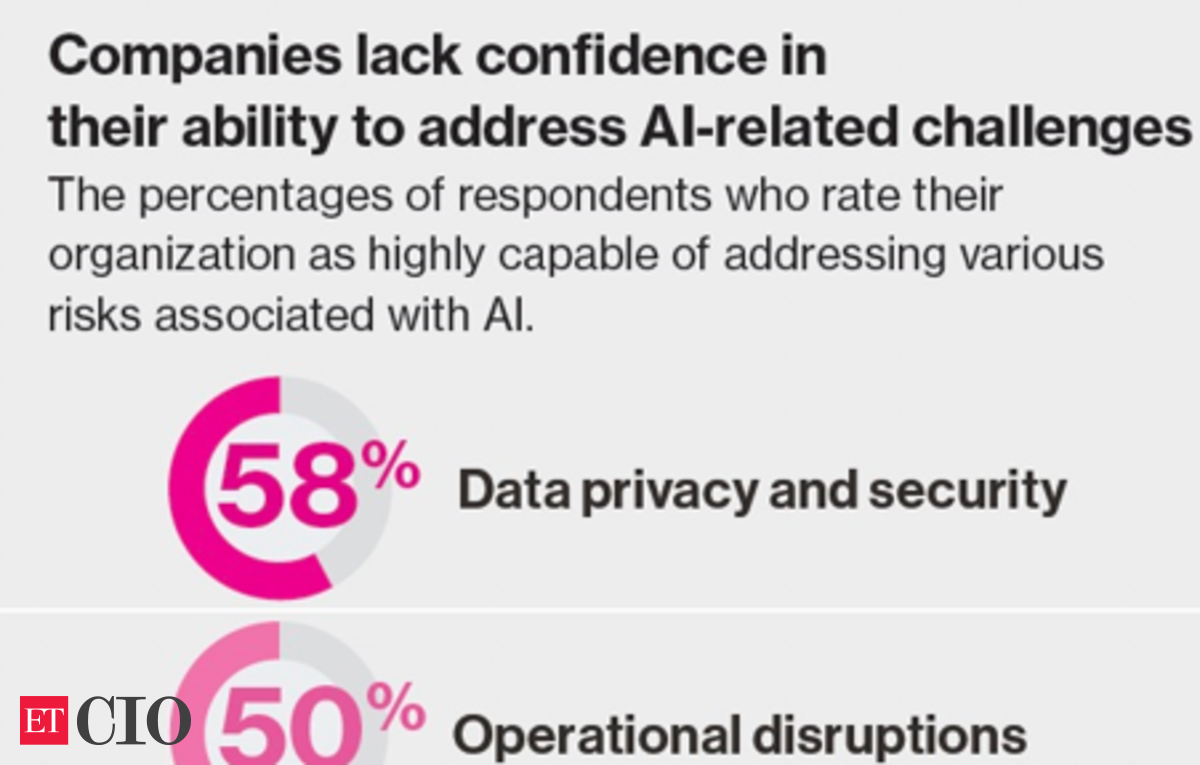Only 15% of Businesses Feel Responsible in Their Approach to Artificial Intelligence

Despite 87% of business executives acknowledging the importance of responsible AI principles, only 85% say they are not well-prepared to implement them effectively.
A recent study by HCLTech and MIT Technology Review Insights revealed a significant gap between the acknowledgment of responsible AI's importance and its effective implementation. The findings attributed this gap to several challenges, including complexity of implementation, lack of expertise, difficulties in managing operational risks, regulatory compliance challenges, and inadequate resource allocation.
However, the study also indicates an optimistic note, as most executives plan to increase investments in building responsible AI in the next twelve months. GenAI and AI-driven transformation are progressing from proof of concept to wider adoption, with executives acknowledging AI's potential to drive productivity and innovation in key business functions like customer service, software development, and marketing.
Adaptive or Agentic AI, which operates autonomously with minimal human involvement, is being adopted and gaining traction in lower-risk areas, such as IT operations. The report highlights the importance of addressing concerns related to bias and fairness, data privacy and security, compliance with regulations, operational disruptions, and user adoption.
Industry experts emphasize the need for strong governance, effective operating models, and adequate funding allocated towards responsible AI. "Everybody understands how transformative AI is going to be and wants strong governance," said Steven Hall, President of Europe and Chief AI Officer of ISG. However, he notes that the current allocation of resources falls short of what is needed.
HCLTech offers key recommendations for enterprises looking to implement responsible AI effectively, including:
- Architecting a robust responsible AI set of enterprise-guiding frameworks and capabilities.
- Leaning into tech partner ecosystems for pilot testing and learning best practices.
- Establishing a dedicated team or Center of Excellence to drive cross-functional initiatives.
With the rising importance of artificial intelligence, it is crucial that businesses adopt responsible AI principles effectively. As HCLTech's Vijay Guntur stressed, "AI can be a tremendous force of positive change in businesses and society at large, but its full potential can only be realized when it can be trusted."
